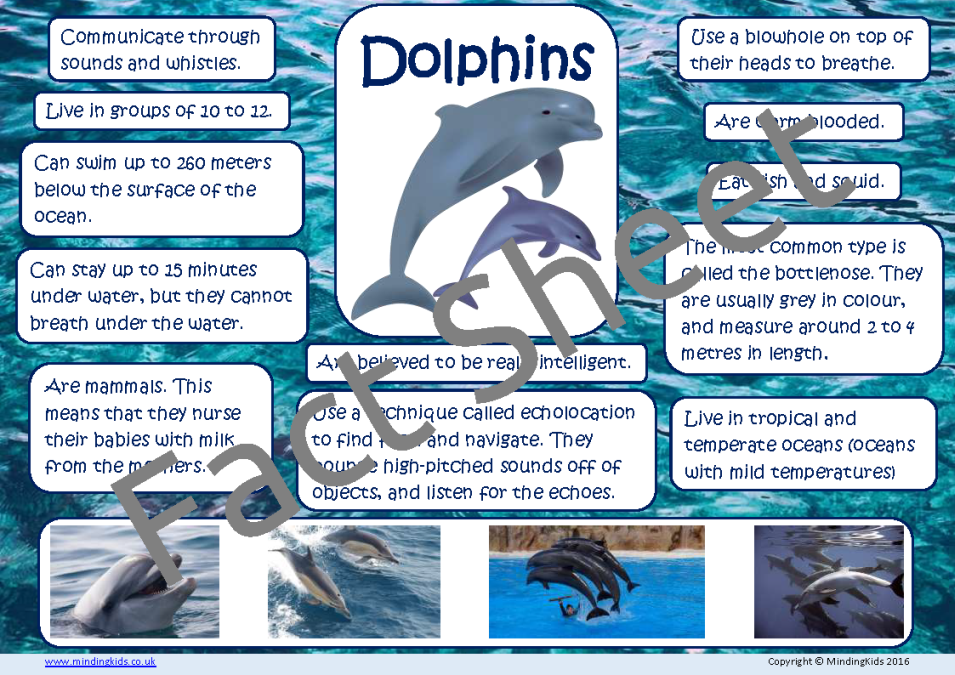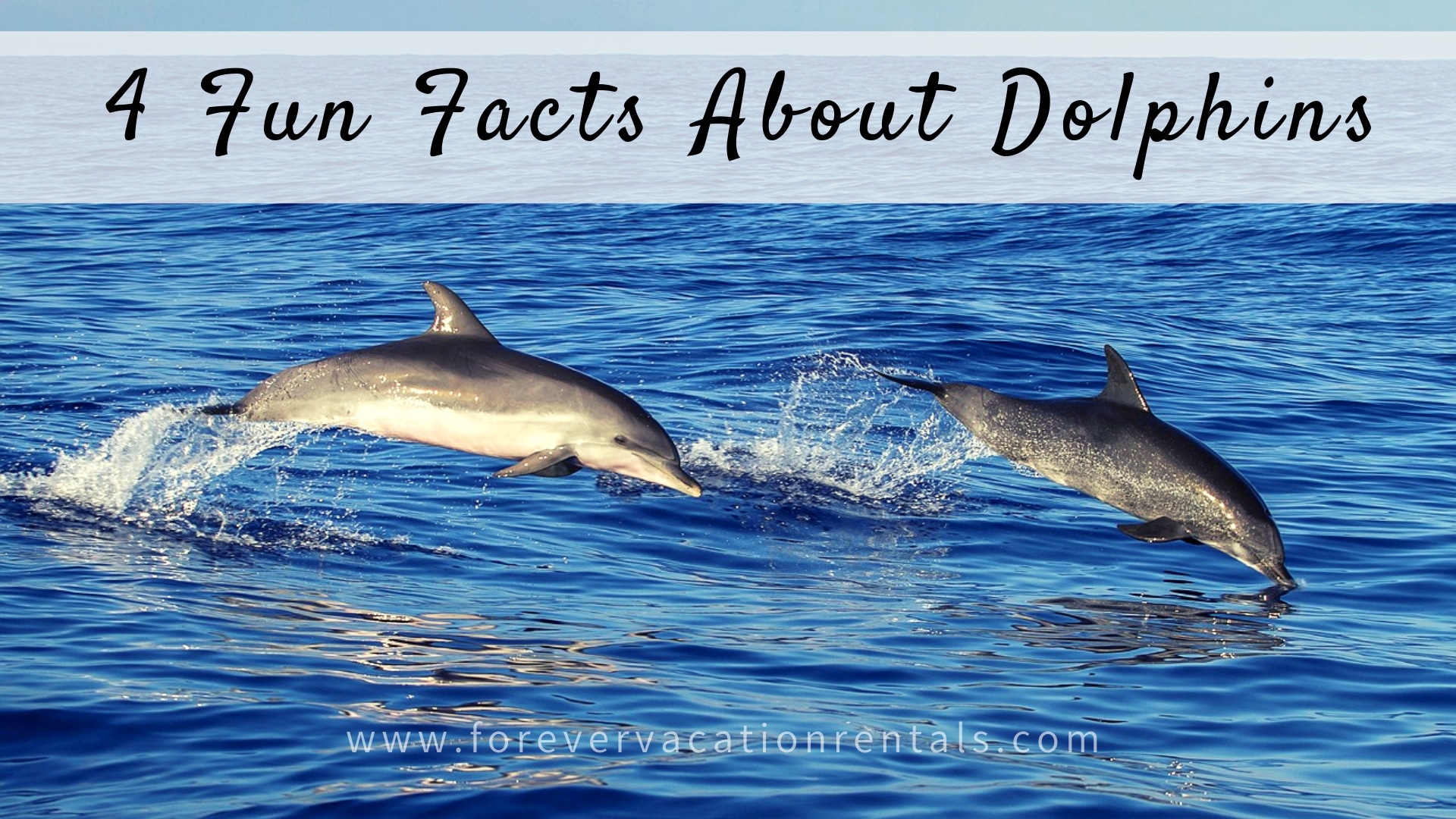Educational Dolphin Facts to Enhance Your Knowledge of Marine Life
Educational Dolphin Facts to Enhance Your Knowledge of Marine Life
Blog Article
Discover the Marvels of Dolphins: Unbelievable Truths You Didn't Know
Dolphins, typically considered the most smart aquatic mammals, show a variety of fascinating behaviors that challenge our understanding of pet cognition. Their distinct communication methods, consisting of trademark whistles for individual recognition, reveal complicated social frameworks that look like those of human beings. Furthermore, these creatures play an important duty in keeping the equilibrium of aquatic ecosystems while displaying amazing problem-solving capabilities. As we discover the ins and outs of their lives, one must consider the effects of their knowledge and what it discloses regarding the all-natural world. What various other surprising aspects of dolphin actions continue to be to be discovered?
Dolphin Intelligence and Problem Addressing
Showing amazing cognitive abilities, dolphins are extensively acknowledged for their intelligence and analytic skills. Research has actually shown that these marine creatures possess advanced thinking capabilities, often participating in complex social communications that need substantial cognitive handling. Notably, dolphins are skilled at employing innovative strategies to conquer challenges in their setting, such as working with or utilizing devices with others to search for food.
Researches reveal that dolphins can adhere to intricate guidelines and perform jobs that entail multi-step services, a measure of their ability to strategy and implement. Their capability for understanding is further confirmed by their impressive memory, which enables them to use and preserve information over prolonged durations. Cognitive examinations have demonstrated that dolphins can recognize abstract principles, including numerical partnerships and spatial recognition.
Furthermore, dolphins display an impressive level of self-awareness, as evidenced by their capability to acknowledge themselves in mirrors. This attribute is often thought about a trademark of innovative knowledge, paralleling the cognitive capacities observed in humans and primates. Generally, the knowledge and analytical capacities of dolphins highlight their intricate psychological professors and flexibility in varied settings.
One-of-a-kind Interaction Strategies
Dolphins attract attention for their unique interaction strategies, which are essential for their social communications and survival in the wild. These very smart aquatic creatures utilize an advanced system of vocalizations, body language, and echolocation to convey messages and coordinate activities.
Articulations consist of clicks, whistles, and various other noises that serve various purposes, from sharing feelings to signaling alarm or coordinating group activities while searching - Dolphin Facts. Each dolphin has a signature whistle, akin to a name, which fosters specific acknowledgment within skins. This kind of identification is important for maintaining social bonds

Echolocation is one more amazing element of dolphin interaction. By sending out audio waves and analyzing the returning mirrors, dolphins can browse their setting, situate target, and also recognize various other aquatic animals.
Social Structures and Relationships
The elaborate communication strategies used by dolphins play a considerable function fit their social structures and partnerships. These extremely intelligent marine mammals often create complicated social groups referred to as pods, which can differ in size and make-up. A common case might consist of a couple of individuals to numerous lots, and it is typically led by a dominant woman.
Dolphins are understood for their strong social bonds, which are characterized by cooperative actions such as hunting together, common grooming, and also lively communications. These partnerships are essential for their survival, as they boost the effectiveness of tasks such as protecting the group and foraging from predators.
Within sheaths, dolphins display a series of social hierarchies and functions, which can change based on the dynamics of the team. For example, some people may handle the role of caretakers for calves, while others might serve as protectors. Additionally, dolphins are understood to present altruistic habits, aiding injured or distressed capsule members, better strengthening their social ties. On the whole, the social structures and relationships of dolphins show an innovative level of social organization that adds to their versatility and success in diverse marine environments.
Duty in Marine Ecosystems
In aquatic ecological communities, dolphins play a crucial role as both predators and prey, adding to the overall health and balance of their environments. As apex predators, dolphins help regulate the populaces of their target, which consists of fish, squid, and shellfishes. By regulating these populaces, dolphins stop overgrazing of aquatic resources, thus promoting biodiversity and supporting the structure of the ecosystem.

Moreover, dolphins add to nutrient biking in aquatic environments. Their feeding practices and succeeding waste manufacturing enrich the water column, assisting in continue reading this the development of phytoplankton, which forms the base of the marine food cycle. On the whole, the presence of dolphins in marine ecosystems is vital for keeping environmental equilibrium, supporting the wellness of various other marine species, and maintaining the overall vigor of nautical settings.
Impressive Physical Abilities
One of the most exceptional facets of dolphins is their remarkable physical abilities, which enable them to flourish in diverse marine environments. These extremely intelligent animals possess streamlined bodies, enabling for effective motion with water. Their powerful tails, or flukes, can drive them at rates of as much as 25 miles per hour, allowing quick navigating and evasion from predators.
Dolphins also show exceptional agility, performing acrobatic tasks such as rotates and flips. Additionally, dolphins have a distinct ability recognized as echolocation, which enables them to navigate and search in dark or murky waters.
Moreover, dolphins exhibit remarkable endurance, with the ability of swimming long ranges without tiring. Their thick layer of blubber not only gives insulation however also help in buoyancy. Collectively, these physical features highlight the adaptability and strength of dolphins, making them some of one of the most interesting creatures in the sea.
Conclusion
In conclusion, dolphins exemplify amazing intelligence with their analytic capacities and innovative communication techniques. As apex predators, dolphins play an important function in preserving the equilibrium of aquatic ecological communities. Dolphin Facts.
On the whole, the social frameworks and relationships of dolphins reflect check here a sophisticated view website level of social organization that adds to their flexibility and success in diverse aquatic settings.

On the whole, the existence of dolphins in marine environments is vital for keeping eco-friendly equilibrium, supporting the health of other marine species, and maintaining the overall vitality of nautical environments.
One of the most exceptional aspects of dolphins is their excellent physical capacities, which enable them to prosper in varied marine settings.
Report this page